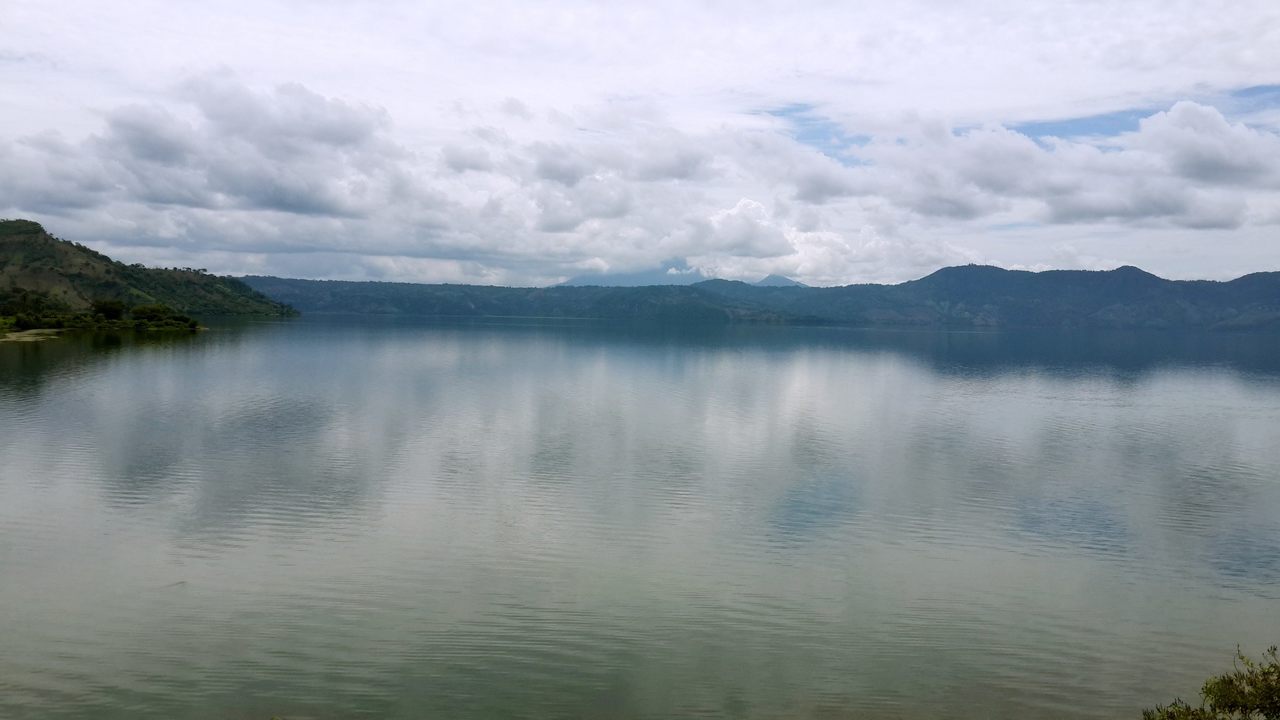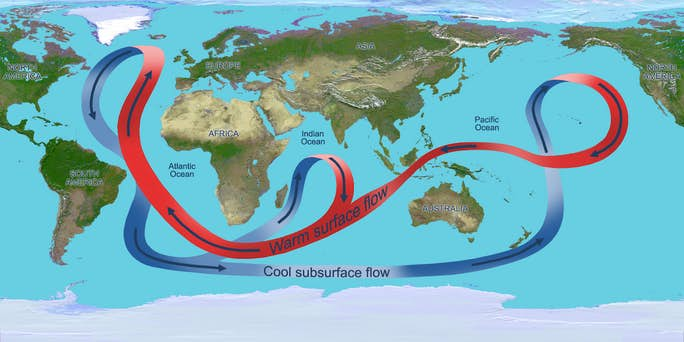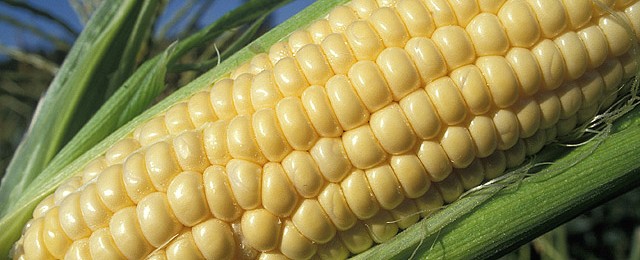Climate science
-

We know from previous experience that large volcanic eruptions like Mount Pinatubo in 1992 can push aerosol droplets high into the atmosphere, reflecting incoming sunlight and causing a cooling effect that can last for several years. A new research report published this week shows that a mysterious eruption that caused global cooling in the 6th…
-

If you have ever watched “The Day After Tomorrow” movie starring Dennis Quaid, you might have noticed early in the movie that climate scientist Quaid notes that the North Atlantic Ocean Current is slowing down, which helped lead to the climate crisis depicted in the movie. While most of the climate science in the movie…
-

We know from archaeological ruins that there have been great civilizations in the past that seemingly disappeared from view. Some of those may have been decimated by disease or warfare, but some of them almost certainly were harmed by changes in climate such as multi-year droughts that may have made it impossible for them to…
-

One of the surprising things about increases in carbon dioxide in the atmosphere is that higher CO2 levels appear to lead to a decrease in nutrients in the crops. That counters the argument that more CO2 has a fertilizing effect on plants which is often used to minimize the harm from rising levels of greenhouse…
-

Yale Climate Connections has an interesting story about the importance of the Great Smoky Mountains cloud cover on maintaining the local climate through balancing incoming and outgoing energy. Cloud forests at the tops of the ridges are maintained by dense clouds of microscopic water droplets and other areas benefit from the cloudy and moist conditions…
-

The Cloud Appreciation Society (https://cloudappreciationsociety.org/)is one of my favorite sites for viewing spectacular images of clouds. Here is a great story from Reuters about the society and how our views of clouds are changing our views of how the climate is changing. Clouds are one of the most important and not well understood influences on…
-

Plan G is a new initiative by television station 11 Alive in Atlanta to talk about how Georgians are reacting to changes in the climate that they see all around them. Here is a great 20-minute video showing people from around the state with various thoughts about climate change and how the state is working…